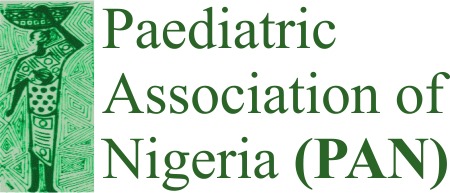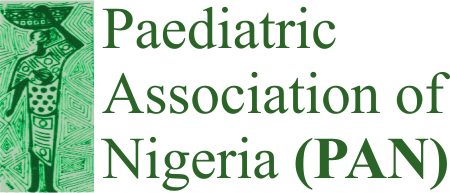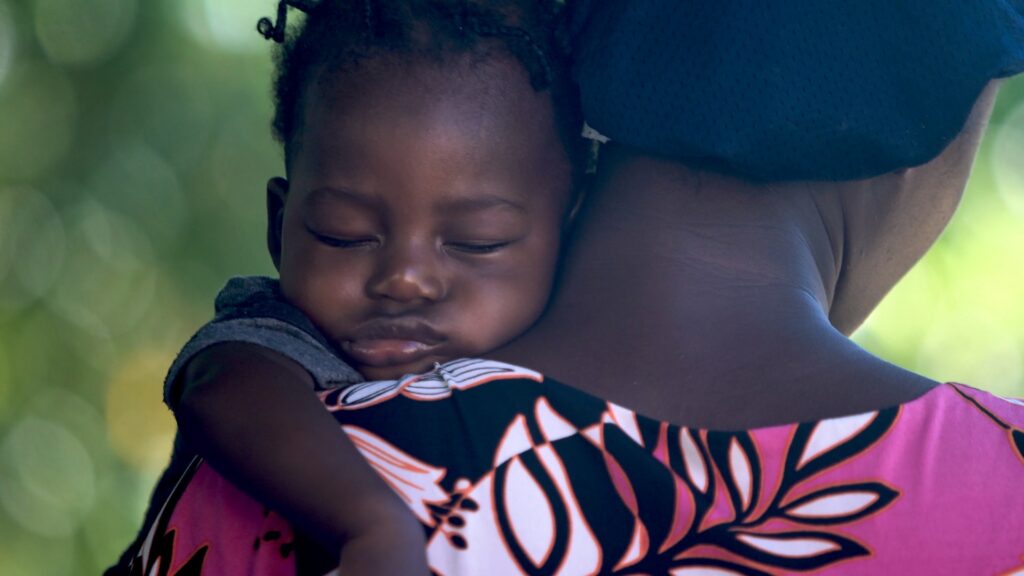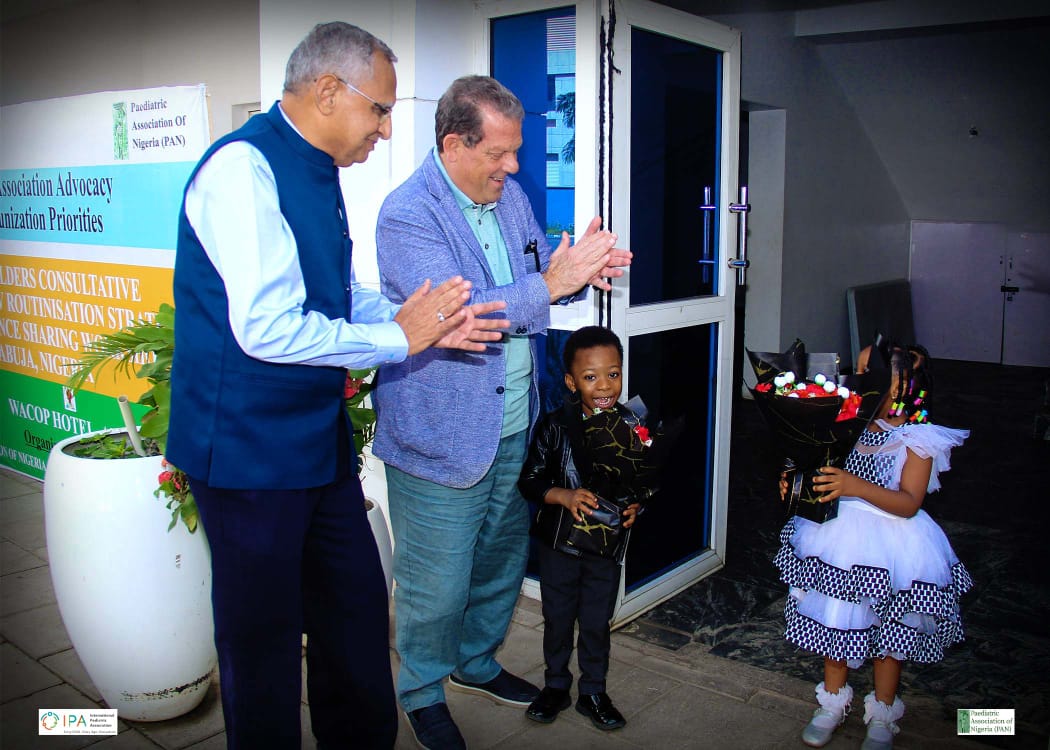The Paediatric Association of Nigeria (PAN) as the body of child advocates and the voice of the voiceless Nigerian child, has noted with dismay, the worsening state of the Nigerian child, with respect to survival and livelihood. It is glaring that with the current state of the economy and the multi-faceted social implications, survival of the Nigerian child has become increasingly threatened. Gone were the days when Nigerian children, despite the burdens of poor nutrition and infections and diseases, had the luxury of play and recreation, without restriction. The various social problems of kidnapping, ritual killing, sexual molestation and unjustifiable detentions are here to be contended with. The sight of some hungry-looking children among the people who were recently arraigned in a Federal Court in Abuja exhibits the shocking extent of this problem.
PAN is concerned that the national economy in Nigeria in the last couple of months have been severally challenged. The steady decline in the value of the local currency and the rising cost of living have led to significant dwindling of the financial strength of many families. Children, who ordinarily should receive preferential attention under such situations, are, unfortunately the worst hit. The implication of these developments is a likely reversal of the gains previously made with respect to childhood survival over the years, with a huge threat to the achievement of the SDG 3.
The average Nigerian family is confronted with the challenges of low standard of living and food insecurity. At the moment, the Nigerian child is evidently battling with poor nutrition as 38% of children in the underfive group are stunted, 18% are wasted and 22% are underweight compared to the global prevalence rates of 25%, 8% and 15% respectively. Against the backdrop of the current economic challenges in the country, we may expect in the months ahead, worsening situations of childhood malnutrition.
PAN also notes that the social vulnerability of the Nigerian child is worsening, as the Child Rights Act, which virtually, all the states of the federation have domesticated, is currently poorly implemented at all levels. The Child Rights Act seeks to give the Nigerian child the right to dignity, family life, good nutrition, play and recreation, health and health service, education, freedom of movement, parental care and protection, among others. Unfortunately, many children are currently in situations of captivity across the land, as victims of kidnapping and abduction, as well as unjustifiable detentions. Keeping a child against his will is a violation of his rights to dignity and freedom of movement. The various security agencies in the country need to be put to task concerning the need to protect the Nigerian child from harm and violation of his basic rights. If a child must be held as prescribed by the law, it must be done in ways that will guarantee dignity, else the government will be violating its own laws. Such a child must have access to good nutrition, good health and health services, education and play and recreation as recommended by the law. It is important to state that parents must also take responsibility for the public conduct of their wards to prevent children from having frictions with the law.
At the moment, one out of every three Nigerian children are reportedly out-of-school as Nigeria is known to contribute 15% of the global data on out-of-school children. The population of out-of-school children is a reservoir for socially disgruntled adults who will further threaten the social fabrics of the nation later in the future. The socio-cultural factors behind the menace of out-of-school children need to be wholistically addressed.
PAN commends the various efforts of the federal government aimed at improving the social status of families in the country, particularly the new minimum wage award for government employees and the various efforts of the National Council on Nutrition. Strengthening the response of the government to the challenges of insecurity across the country will boost agricultural activities and improve food security as required for the SDG 2.
In conclusion, PAN as the voice of the Nigerian child wishes to request the federal government to ensure compliance with the provisions of the Child Rights Act by its own agents and as a way of driving the implementation of the laws at the state levels. PAN notes the obvious pitiful physical state of the children among the group that was recently arraigned in a Federal Court in Abuja. The Nigerian child must be protected against every form of deprivation and molestation for a rewarding and fulfilling future. Therefore, PAN wishes to recommend as follows:
- There must be mechanisms for ensuring thorough implementation of the Child Rights Act at all levels.
- Government must double up on the efforts to improve agricultural activities and boost food security at the home stead.
- For better human development and nation’s growth, efforts must be significantly increased at eliminating the out-of-school population of children across the country.
Long Live the Federal Republic of Nigeria.
Long Live the Paediatric Association of Nigeria.
Long Live the Nigerian Child.






